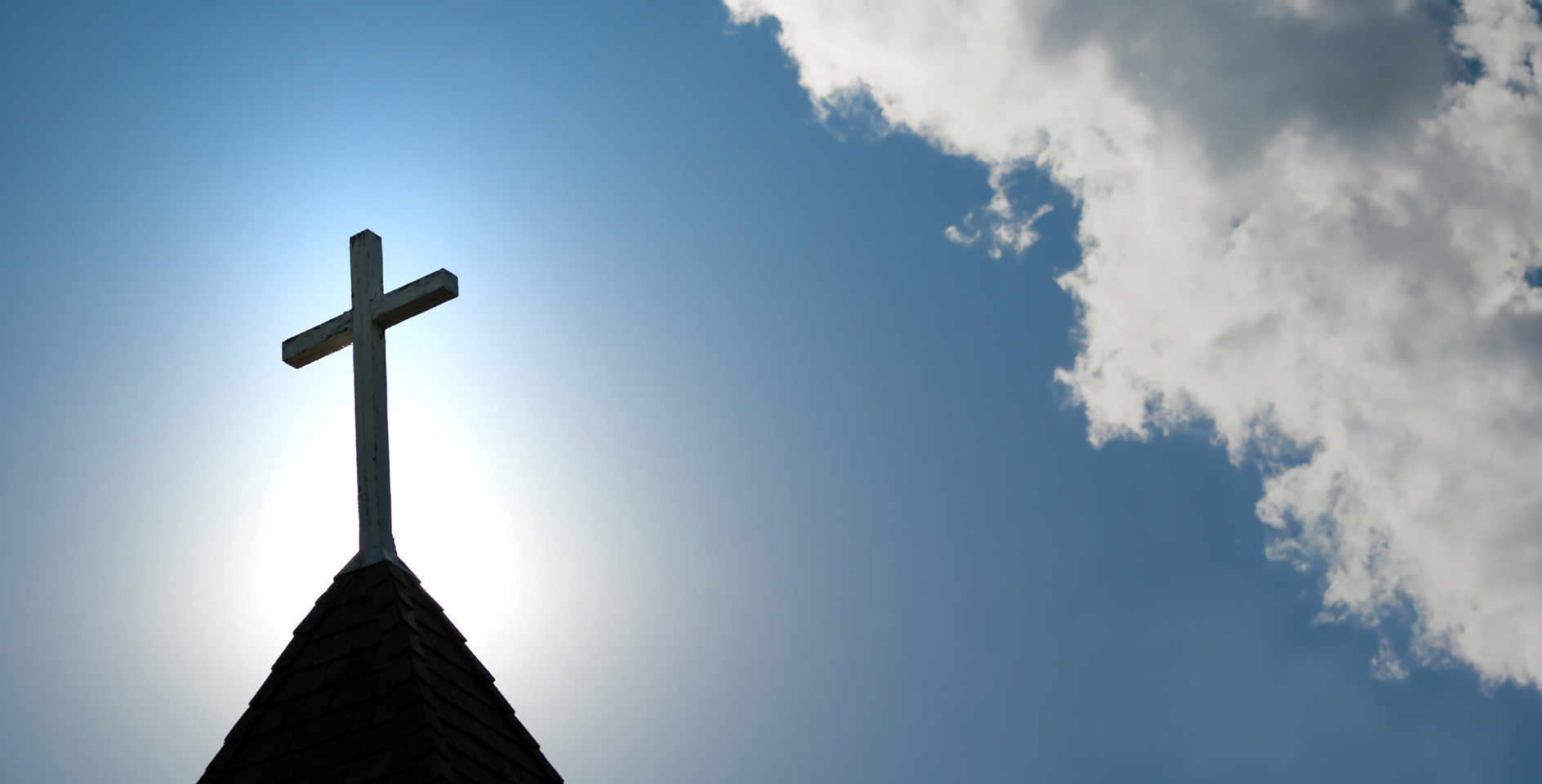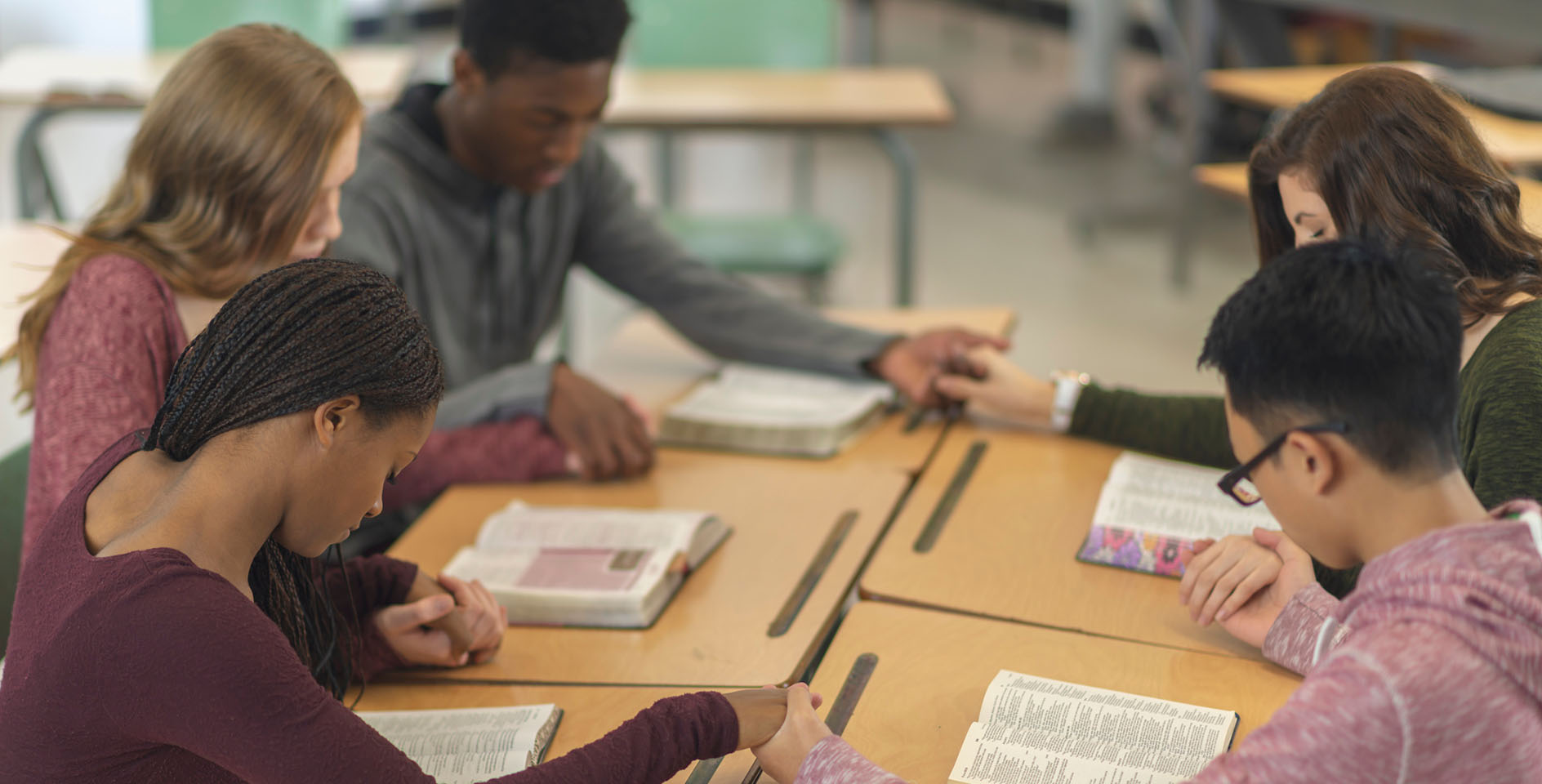Since the COVID-19 pandemic began to disrupt life in the United States several months ago, governments across the country have taken aggressive action to combat the spread of the coronavirus and mitigate its effects. At various points over the last several weeks, it has become clear that some of these actions have needlessly imperiled religious liberty. The latest example came into focus over the weekend after a federal judge temporarily blocked the enforcement of an executive order from North Carolina Gov. Roy Cooper that prohibited churches from holding indoor services with more than 10 people in attendance.
Earlier this month, Cooper’s administration released a three-phase plan to begin reopening the state by lifting the restrictive measures issued in response to the pandemic. But in response to Executive Order 138, which contained details for phase one of Cooper’s plan, multiple parties including two Baptist churches in the state filed a federal lawsuit alleging that the order violated their rights to the free exercise of religion guaranteed by the First Amendment. Specifically, they argued that the governor’s order continued to restrict the ability of most houses of worship to conduct traditional worship services while allowing most businesses to resume operations as long as they remained at less than 50% capacity based on their building’s fire code.
In response to the complaint, District Court Judge James C. Dever III issued a temporary restraining order (TRO) that granted immediate injunctive relief concerning enforcement of the governor’s orders. The judge's ruling was not only fair and measured but appropriately balanced concerns for religious freedom with public health interests. “There is no pandemic exception to the Constitution of the United States or the Free Exercise Clause of the First Amendment,” Judge Dever wrote. And while recognizing that Cooper likely acted in “good faith” to prevent the further spread of the coronavirus, the judge stated, “restrictions inexplicably applied to one group and exempted from another do little to further these goals and do much to burden religious freedom."
The judge’s ruling further underscores the central point made by religious freedom advocates since the outbreak first began in the U.S. The Constitution’s guarantee of religious freedom is not contingent upon domestic tranquility. While churches and other faith-based organizations have overwhelmingly complied with public health guidance affecting their abilities to conduct religious services or other types of ministries, it has remained a concern that these organizations not be singled out or treated differently than related types of businesses or organizations. If the First Amendment’s guarantee of religious freedom means anything, it certainly means that religious exercise cannot be penalized or subjected to worse treatment at the hands of government than similar non-religious entities.
And it is for this reason that the TRO issued by Judge Dever was both welcome and desperately warranted. As he states, “treatment of similarly situated entities in comparable ways serves public health interests at the same time it preserves a bedrock free-exercise guarantee." In the midst of this pandemic, all sectors of society share a common goal. Whether houses of worship or businesses, nonprofits, or Fortune 500 companies, the goal of every organization is to resume operations as quickly and safely as possible. Judge Dever made clear in his opinion that religious organizations have at least the same motivation to protect those that they serve as secular organizations do. Indeed, there is no reason for the state to assume any less than this: “The court trusts worshipers and their leaders to look after one another and society while exercising their free exercise rights just as they and their fellow citizens (whether religious or not) do when engaged in non-religious activities.”
In this case, religious persons in North Carolina rightly protested unjust treatment at the hands of their governor. Again the judge’s words are prescient, “the Governor appears to trust citizens to perform non-religious activities indoors (such as shopping or working or selling merchandise) but does not trust them to do the same when they worship indoors together. . . . The principle that government, in pursuit of legitimate interests, cannot in a selective manner impose burdens only on conduct motivated by religious belief is essential to the protection of the rights guaranteed by the Free Exercise Clause.”
Churches and other houses of worship have more than demonstrated their willingness to comply with reasonable restrictions aimed at safeguarding public health. But asking these organizations to endure further limitations even as other similarly situated non-religious organizations are allowed to resume operations is to ask too much. And as reflected in the TRO, measures that unduly burden religious freedom are not only ill-conceived but unconstitutional.
As we go forward, it is critical for elected officials to act with deference toward religious exercise. In his executive order, Gov. Cooper clearly privileged sectors of North Carolina’s economy responsible for generating revenue beneficial to the state. But churches are no ancillary part of society. The services they provide are vital and essential. And this is especially true as one considers the myriad challenges facing the public as a result of the pandemic. Whether economic or physical or spiritual or psychological, this period of national hardship is affecting citizens of the U.S. in an untold number of ways. One of the most important tools at the government’s disposal in responding to the multiple crises precipitated by the virus are the critical mediating institutions of society, among which churches stand at the fore, that are able to stand in the gap to help sustain the most hard hit communities and meet the needs of individuals who are suffering
As a Baptist, I believe it is fitting that Judge Dever’s order came down 100 years to the day of the anniversary of George Truett’s address “Baptists and Religious Liberty” which he delivered on the steps of the United States Capitol. In that famed address, Truett, the long-tenured pastor of First Baptist Church of Dallas, said, “Let us today and forever be highly resolved that the principle of religious liberty shall, please God, be preserved inviolate through all our days and the days of those who come after us. Liberty has both its perils and its obligations. We are to see to it that our attitude toward liberty, both religious and civil, both as Christians and as citizens, is an attitude consistent and constructive and worthy.”
Before anything else, religious freedom is a religious doctrine. And as we continue to face the perils of these uncertain times, we must not sacrifice that freedom—whether in the name of public safety nor unto any other cause. This ruling represents another positive step in defense of the sacred principle of religious freedom. Even more than this, it further demonstrates the rationality of at once preserving both life and religious liberty. Indeed, may it not be the last.










